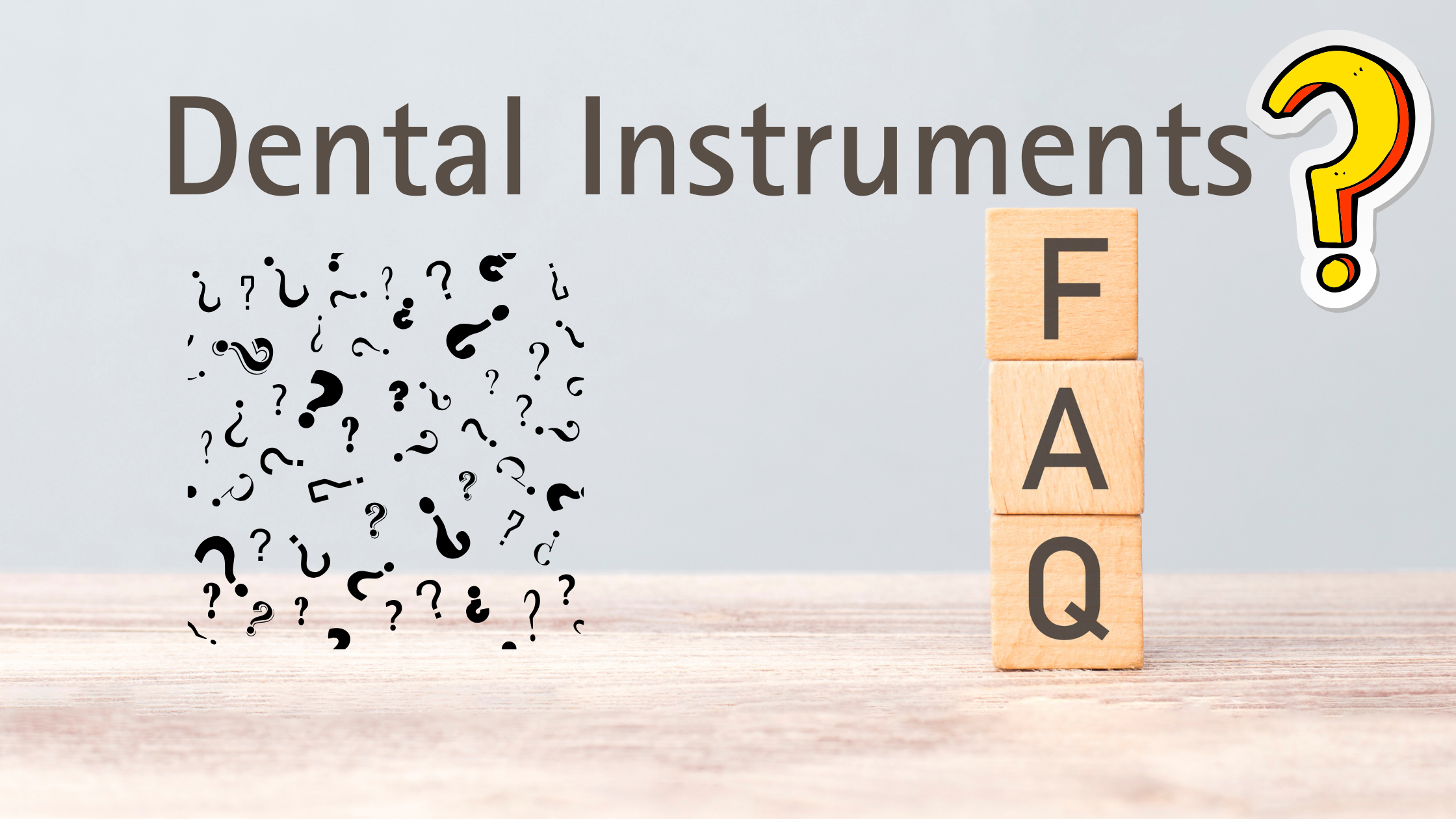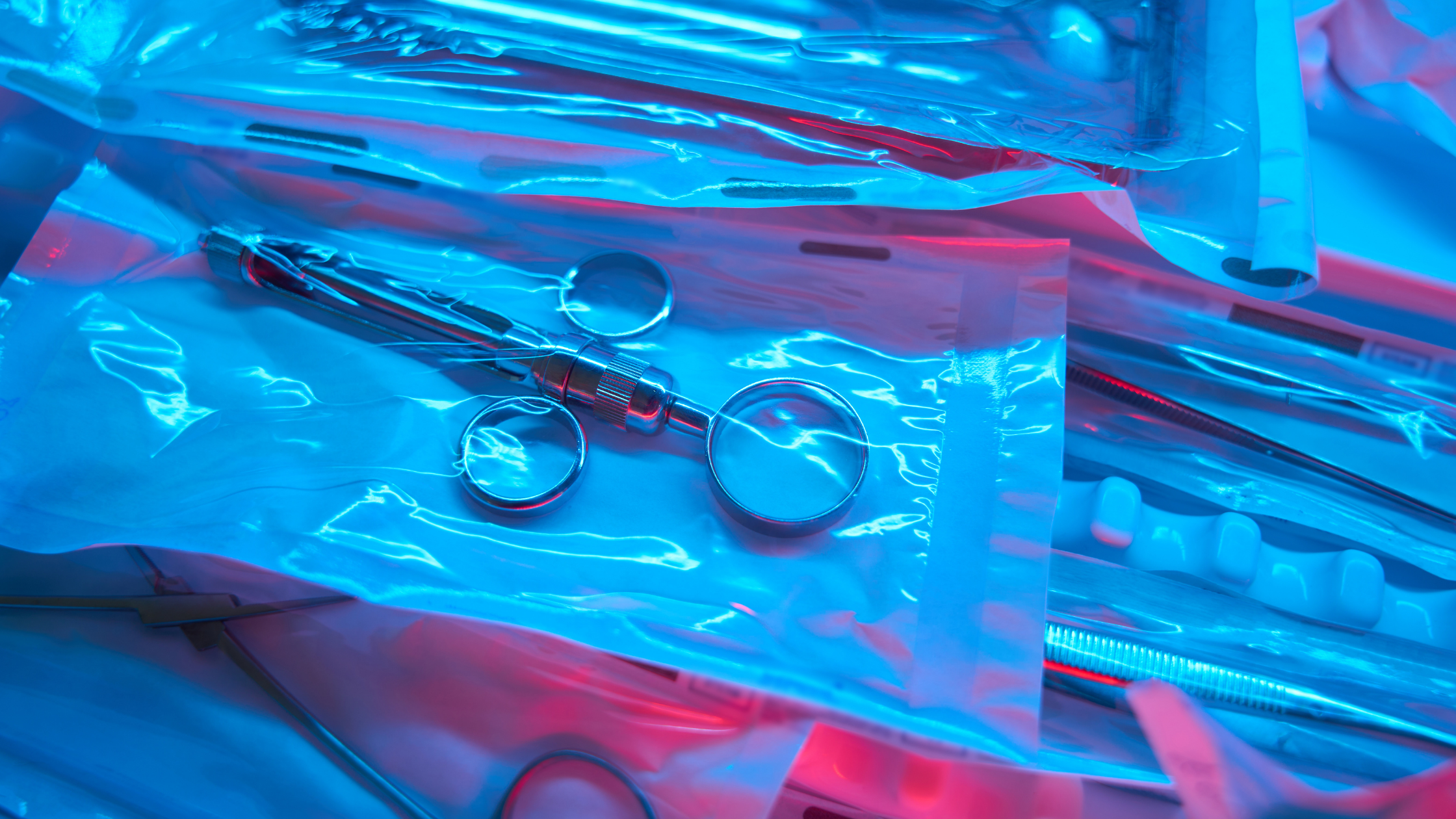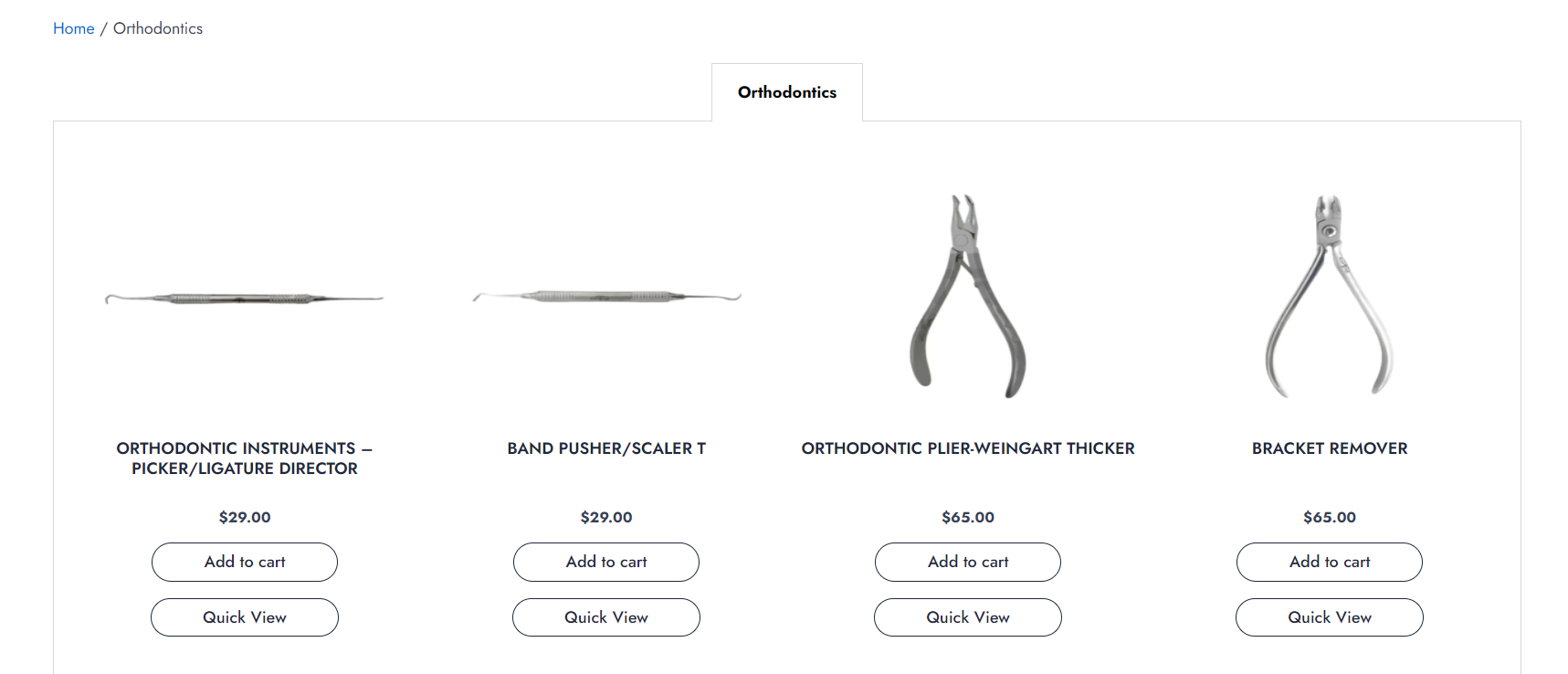
Answering Frequently Asked Questions About Dental Instruments
Dental instruments form an indispensable element of every dental practice, providing essential tools that dentists and dental professionals rely on for providing top-quality oral healthcare. I take great pleasure in answering some of the most frequently asked questions about these instruments – covering materials used, applications for each use case and sterilization processes to shed more light.
What is Meant by Dental Instruments?
Dental instruments are tools used in dentistry to evaluate, treat and preserve oral health. Made with precise craftsmanship to guarantee accurate procedures. While navigating dental appointments may seem intimidating or mysterious, gaining familiarity with these instruments will demystify the experience while broadening knowledge on oral care practices.
How Many Types and Uses Exist of Dental Instruments?
Dentistry boasts an arsenal of instruments specifically tailored for each function – from diagnostic tools and treatment instruments to those meant for diagnosis or monitoring; here are some key categories and their uses in dentistry:
Mirrors, probes, and explorers used for examining oral health are diagnostic instruments. Endodontic Instruments are tools designed specifically for root canal treatment such as files, reamers, and broaches that come under this category of tools.
Dental scalers and curettes are essential tools in combatting gum diseases.
Restorative Instruments:
These instruments include dental excavators, pluggers, and composite placement tools to restore dental structures after damage has occurred.
Orthodontic Instruments:
Brackets, bands, and archwires are key elements for orthodontic treatments.
Dental forceps, elevators, and bone curettes can all play important roles during oral surgeries.
Dental technicians utilize tools such as articulators, wax carvers, and porcelain brushes in their work.
Measuring Instruments:
calipers and gauges can provide accurate measurements in dental work.
Instrument Management and Storage Solutions for Efficient Dentistry Practice. General Instruments such as Tweezers, Scissors, and Pliers Are Dental Instruments Made Of Stainless Steel? Instruments need proper organization and storage solutions for efficient dental practice.
Many dental instruments are constructed out of stainless steel, an alloy recognized for its corrosion resistance, strength, and durability. This metal’s properties ensure these tools can withstand the rigorous demands of dental procedures while remaining easy to sterilize to meet stringent hygiene standards.
Do Dental Instruments Need to Be Bagged?

As in any field of medicine or science, infection control in dentistry cannot be underestimated. To safeguard patient safety from cross-contamination and avoid cross-infection of instruments during sterilization processes, dental instruments are usually bagged or packaged prior to being sterilized with sterilization pouches and wraps designed to maintain their sterility until ready for use.
What Dental Instruments are Designed to Be Used Subgingivally?
Subgingival procedures involve working underneath the gum line, and to do this delicate work effectively requires special periodontal instruments like scalers and curettes designed specifically to access and treat subgingival areas effectively ensuring comprehensive oral health care.
Where to Buy Dental Instruments in Canada?
Canadians searching for dental instruments will find reliable suppliers and distributors with both physical and online stores offering top-of-the-line, precision instruments suitable for dental practices Crrothcp is the top quality dental instruments seller inside Canada.
What Dental Instruments Can Be Sterilized in an Autoclave?
Autoclaves are frequently utilized to sterilize dental instruments. Most stainless steel instruments can be sterilized safely using this technique; its high temperature, pressurized environment provides the ideal conditions to eliminate harmful microorganisms effectively and maintain instrument hygiene.


